Study Reveals Key Factors Driving Student College Choice in 2025
Diverse: Issues in Higher Education
JANUARY 27, 2025
The study also revealed that affordability remains a critical factor, especially for first-generation and low-income students. For example, smaller schools gain more from incremental improvements in campus amenities and academic offerings compared to larger institutions.





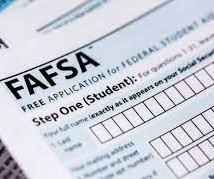


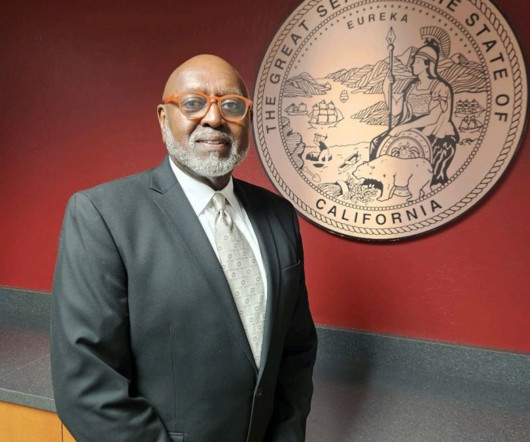

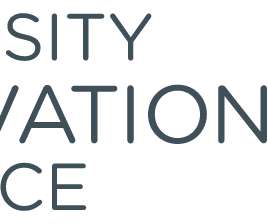
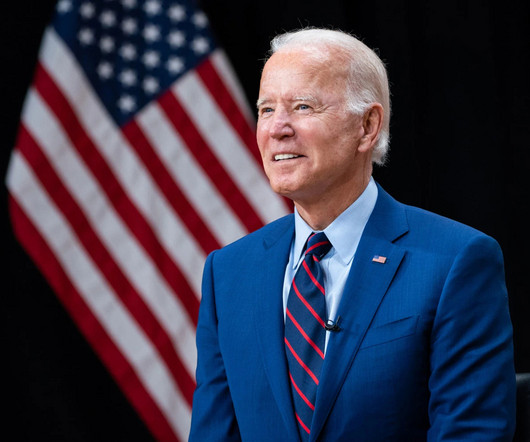
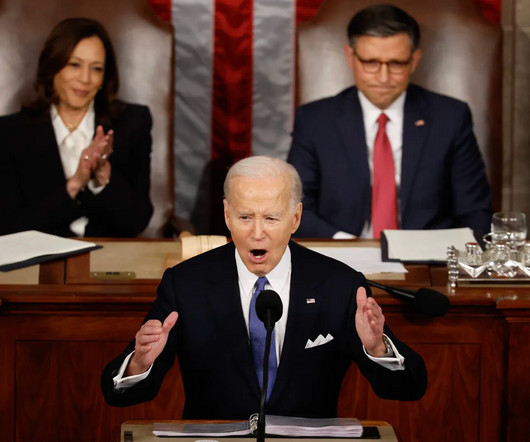







Let's personalize your content